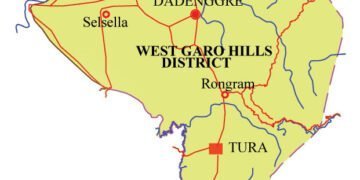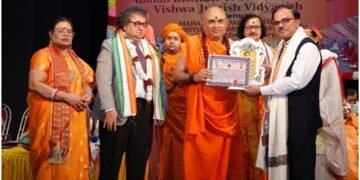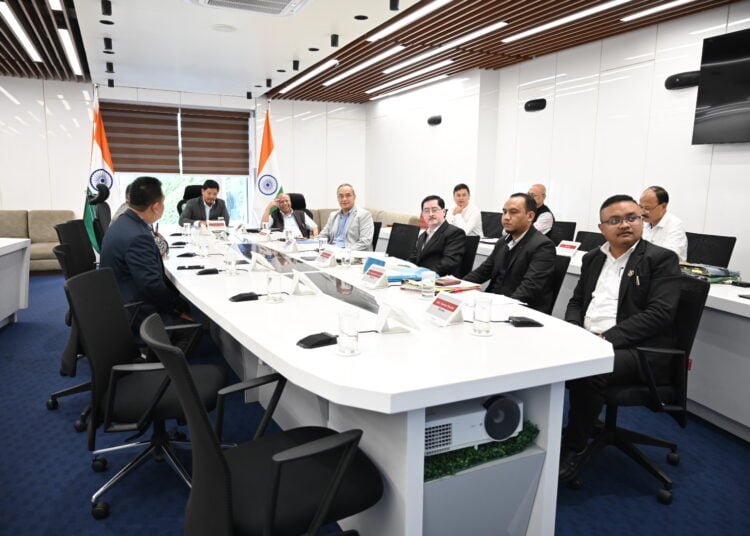The state government and leaders of the autonomous district councils met today to try and clear any doubts over the implementation of the Code of Criminal Procedure (CrPC) and Code of Civil Procedure (CPC) in the district council courts.
There has been anxiety among the ADCs over the fear that the two codes would begin applying to the district council courts. This stems from a recent notification that stated, “The Governor of Meghalaya is pleased to apply the provisions of the Code of Criminal Procedure, 1973 to the district courts in the state of Meghalaya. The district council courts shall continue to derive powers under Paragraph 3 and 4 of the Sixth Schedule to the Constitution of India”.
Chief Minister Conrad K Sangma assured the councils that there is no question of infringing on the working of the councils’ courts or diluting their powers. The notification, he added, was necessary as the judiciary and executive have been divided, with the judicial powers once exercised by the Deputy Commissioner now entrusted to Judicial Magistrates.
“The fact that the Judicial Magistrates are taking up cases means they have to be conferred power under certain provisions,” Sangma explained.
Since the 1937 provisions were specific to DCs, Judicial Magistrates have to draw powers from certain provisions in the Constitution, so it was suggested that they be drawn from Paragraph 5.
The Khasi Hills Autonomous District Council (KHADC) Chief Executive Member Tittosstarwell Chyne requested the government for two days to consult legal experts and MDCs.
Deputy CEM of the GHADC, Nikman Marak, said that their stand is that the district council courts should not be diluted.
“We have village courts and district courts and in the village court we don’t apply the spirit of CrPC and CPC, so that shouldn’t be diluted,” Marak said.

























